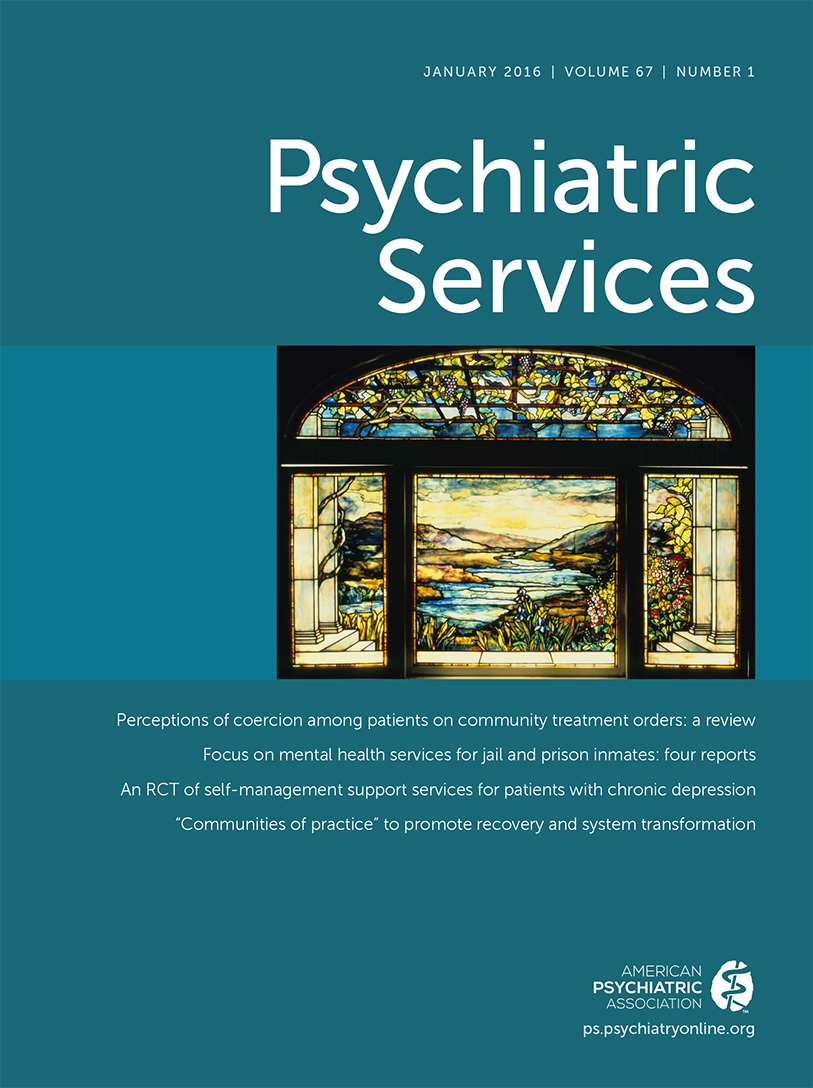Evaluating START NOW: A Skills-Based Psychotherapy for Inmates of Correctional Systems
Abstract
Objective:
This study investigated whether higher attendance in a skills-based group therapy program designed for inmates was associated with fewer rule infractions as reflected in the number of disciplinary reports received in a state correctional system.
Methods:
Administrative data were provided by the Connecticut Department of Correction and Correctional Managed Health Care at UConn Health, the system’s health care organization. This was a retrospective cohort analysis of START NOW program participation events from 2010 through 2013 (N=946). Participants were adult male and female inmates, both sentenced and unsentenced, with and without recorded psychiatric diagnoses. The number of disciplinary reports was documented for up to six months after program participation. Incident rate ratios are presented from zero-inflated negative binomial regression models. Predictive margins examined variation in the effect of sessions attended on disciplinary reports in the postprogram period across security risk groups and primary psychiatric diagnosis groups.
Results:
For each additional session of START NOW completed, a 5% reduction was noted in the incident rate of disciplinary reports. The effect of program participation was robust to all model considerations. Inmates with higher overall security scores appear to benefit most from program participation. The program was also found to be effective across primary psychiatric diagnosis classifications.
Conclusions:
START NOW was shown to be an effective treatment option for reducing disciplinary infractions by inmates.



